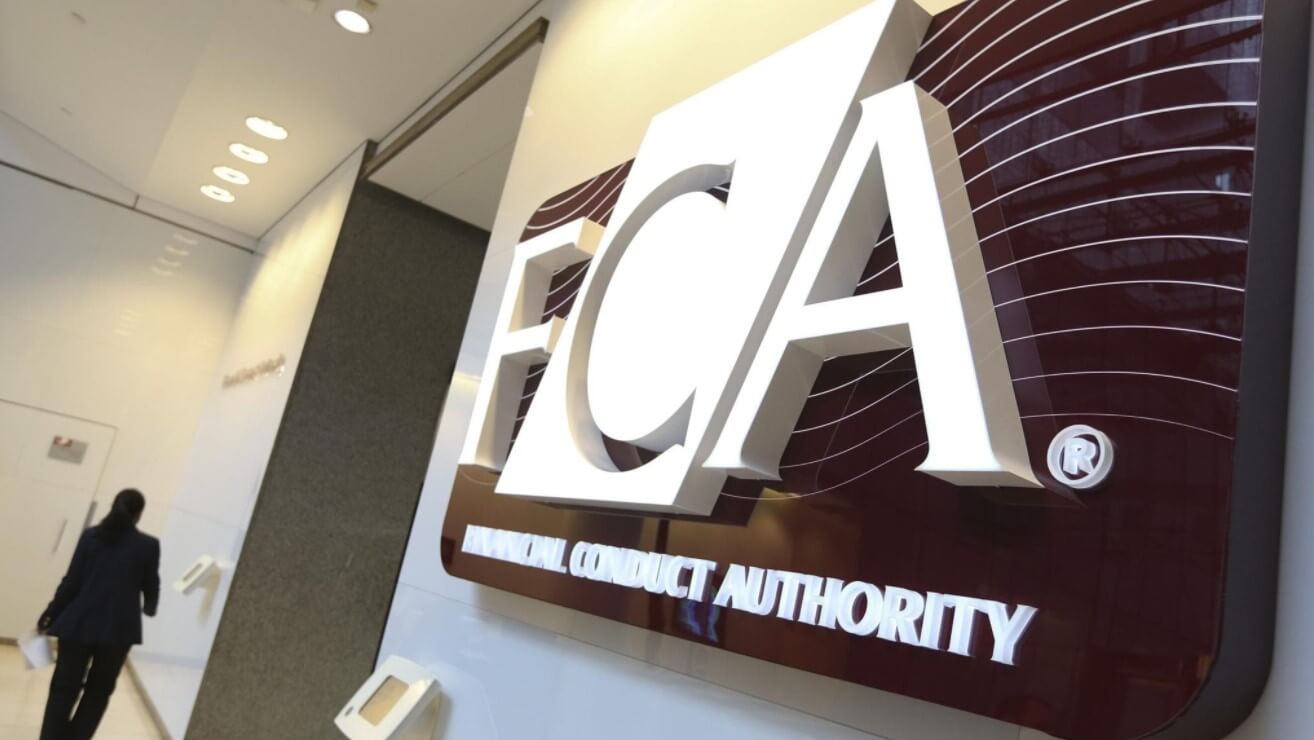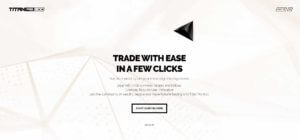If you want to open a trading account, you have to choose a broker to open your account with. With thousands of options out there and new companies popping up every single day, it can be difficult to know which broker to choose. One of the first factors that many traders look for is whether the said broker is regulated.
If a broker is regulated, it means that they answer to standards set by supervisory bodies. These standards include undergoing regular audits, communicating certain policy changes with their clients, and other requirements that allow the company to remain licensed and regulated. Regulation is the best sign that a broker is legitimate because the broker has to comply with the strict standards set by their regulatory overseer.
A regulated brokerage cannot withhold client funds, make policy changes without informing their clients, or take part in other questionable acts that you might see with shady companies. A company that is not licensed or regulated might run into issues with the government at some point, which is bad for any clients that have accounts holding funds through the company. These assets can get frozen and tied up in investigations.
Rather than having one all-powerful regulatory body, there are several independent government bodies that regulate brokerages. Many of these bodies exclusively regulate brokerages in certain locations. Here are some of the most recognizable options:
- The National Futures Association (NFA) or Commodities Futures Trading Commission (CFTC) for residents in the United States
- The Financial Conduct Authority (FCA) is the UK-based regulatory oversight
- The Australian Securities and Investments Commission (ASIC)
- The Financial Services Authority (FSA) in Japan
- The Securities and Futures Commission (SFC) in Hong Kong
There are several other regulatory bodies, including but not limited to The Monetary Authority of Singapore (MAS), Cayman Islands Monetary Authority (CIMA), and so on. If a company is regulated, then the information about their overseeing body and registration number will be available on their website. Try scrolling to the bottom of their homepage or checking their ‘About US’ sections if you’re having trouble finding the information. Or you can reach out to their customer support team to ask if the company is regulated.
If the broker features LiveChat, you should receive a response very quickly. Know that some scammers will list non-existent regulatory companies, or they will claim to be regulated with a real one using a fake registration number to trick those that only glance at the information. It’s always a good idea to double-check this information.
Most people will tell you not to open an account with a broker that is not regulated. This is usually good advice, as you can hold regulated brokerages to a higher standard and don’t have to worry about shady policies. However, clients in the United States might want to be more lenient when looking at options. The NFA and CTFC set strict guidelines and it can be difficult for some brokerages to secure regulation for the USA. Sometimes, unregulated brokerages will allow US residents to open an account through them even if they are not supposed to. Many of these companies offer legitimate services, but you should always be careful with unregulated options. Researching the company online is a good way to see if they are practicing any absurd policies or if traders are generally happy working with them.
In conclusion, it is safer to open an account through a regulated brokerage as this is the best sign that a company follows legitimate practices. However, traders should know that there are trustworthy brokers out there that haven’t managed to secure regulation. If you do decide to open an account with an unregulated broker, always be sure to do other research online to see if others have had any issues with the company.
It’s also a good idea to look at their customer support options and to speak with an agent through chat, phone, or email to see if they are polite and professional or rude and pushy. You should also check the company’s website to make sure that their policies and fees are transparent. If everything checks out, then you will likely be safe opening an account, although a regulated company is still the better option.





